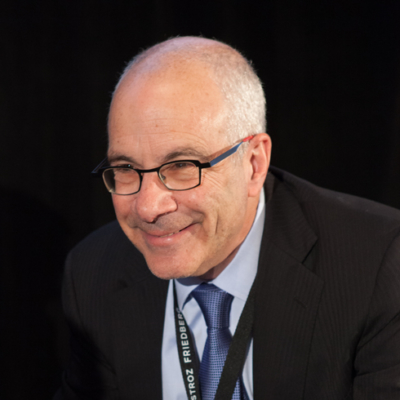Did The Harvard Shareholder Rights Project Prove Itself Wrong?
Summary
In December 2014, Stanford Law School Professor Joseph A. Grundfest and Daniel M. Gallagher incited an academic titanomachy when they released a draft of an academic paper provocatively entitled “Did Harvard Violate Federal Securities Law? The Campaign Against Classified Boards of Directors“. In this case, “Harvard” was the Harvard Shareholder Rights Project which described itself as “a clinical program operating at Harvard Law School and directed by Professor Lucian Bebchuk“. From 2012 through 2014, the Harvard SRP focused on proposing precatory shareholder resolutions under Rule 14a-8 seeking the elimination of staggered boards. Grundfest and Gallagher took the Harvard SRP for advancing shareholder proposals that portrayed staggered boards as categorically detrimental to shareholder interests. The fact that Gallagher was a sitting SEC Commissioner at the time only added to the controversy engendered by the paper. See Commissioner Gallagher Posits SEC Would Prevail Against Harvard University.
I had my own concerns about the Harvard SRP. In particular, I questioned whether the Harvard SRP was engaged in the practice of law. The law school’s position that the Harvard SRP did not engage in the practice of law seemed to me to have been belied by statements on the project’s own website and in correspondence on file with the Securities and Exchange Commission. See The Shareholder Rights Project: Advice And Representation. Perhaps it was only a coincidence, but shortly after I raised these concerns the Harvard SRP rewrote its website. See Shareholder Rights Project Rewrites Website.
…
If that conclusion is accurate, will the shareholders at these target companies be able to recover from the Harvard SRP or its client institutional investors? Given this new study, the question posed by former SEC Commissioners Grundfest and Gallagher takes on a renewed significance.
Read More
